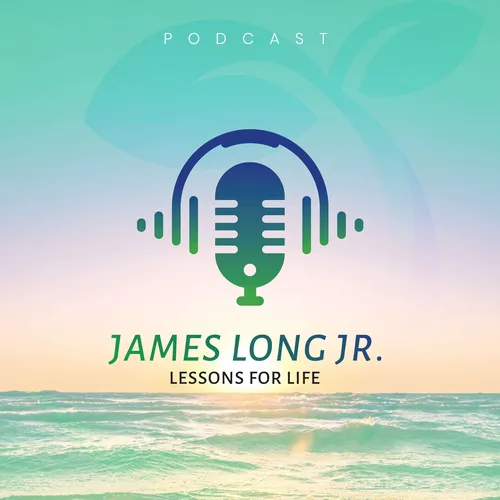L4L 24: Pardoned from Guilt
- Author
- James Long, Jr.
- Published
- Mon 28 Oct 2019
- Episode Link
- None
Show Notes
Step 1: Understand the Problem – Observation and Identification of the Problem (PROBLEM)
1. Introduction – What is Guilt?
a. Guilt lives in the courtroom where you stand alone before the judge. It says, “You are responsible for wrongdoing and legally answerable.” “You are wrong.” “You have sinned.” And need forgiveness. “Do not forget that your sensors for guilt and for shame are fallible. They can be silent when they should say something, and they can sound false alarms. But, false alarm or not, when we hear them we must do something. They do not turn off automatically.”[i]
b. Guilt is a feeling of deep regret or remorse caused by feeling responsible for a failure or loss[ii]
c. Guilt and shame intersect when you sin or others sin against you.
d. There is a significant difference between subjective guilt (feeling guilty) and objective guilt (being guilty)
e. If a moral law has been violated, the person is guilty regardless of whether or not they feel guilty.
f. On the other hand, just feeling guilty does not mean that a moral law has been violated. There is a significant difference between true guilt and false guilt.
g. True guilt is caused by our sin and it is how God calls us to repentance and restitution. True guilt comes from having committed a breach of conduct that violates God’s righteous standards. A person experiences true guilt when they become aware of violating God’s moral law as revealed in his word. This awareness comes from the convicting work of the Holy Spirit and from the conscience God has placed within each person
h. False guilt is a burden of responsibility and blame that we place upon ourselves for failure to live up to our own or someone else’s expectations. It is an emotional state of guilt without a valid foundation. False guilt results from not accepting God’s forgiveness or forgiveness of others. It may stem from feelings of unworthy of being forgiven or inappropriately taking blame and responsibility.
Step 2: Biblical Hope – Biblical Instruction and Encouragement (PROMISE)
1. Good News: Justification is by grace alone through faith alone because of Christ alone.[iii]
a. Justification is an act of God’s free grace unto sinners (Romans 3:22–25; 4:5)
b. In justification, God not only pardons all of a person’s sins, but also accepts that person as righteous in His sight (2 Corinthians 5:19–21; Roman
ABOUT JAMES and LESSONS FOR LIFE
Are you seeking hope, wisdom, and practical solutions to life’s challenges? Dr. James Long, Jr., pastor, counselor, and professor with over 30 years of experience, helps people discover God’s solutions to emotional, relational, and spiritual challenges. Each episode of Lessons for Life points you to the peace and freedom found in Jesus Christ.
Resources and Next Steps
- Join the free Navigator Level of the Lessons for Life Community: https://jameslongjr.org/community
- Explore full membership and coaching options: https://jameslongjr.org/signupnow
Listen and Subscribe: Find Lessons for Life with James Long, Jr., wherever you listen to podcasts
Connect
- Instagram: https://jameslongjr.org/instagram
- Facebook: https://jameslongjr.org/facebook
- YouTube: https://jameslongjr.org/youtube
